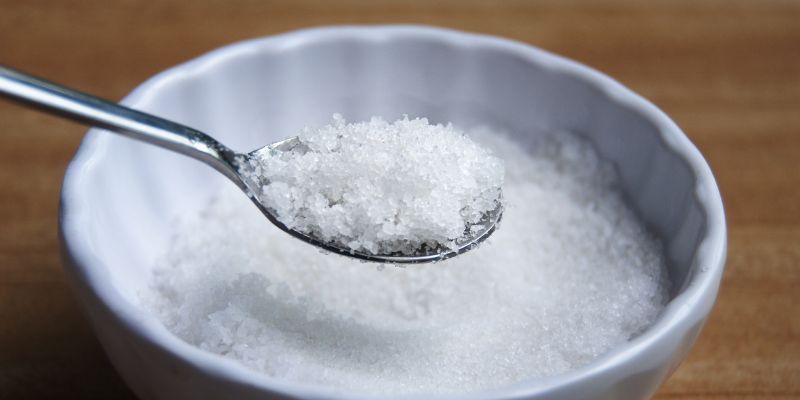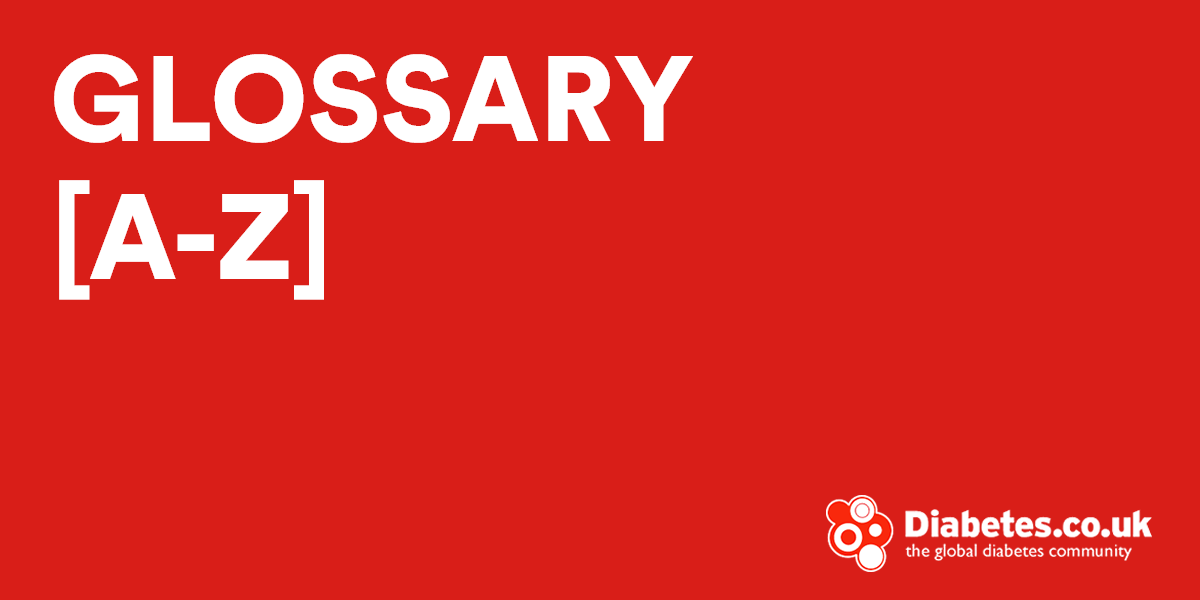Salt has a rich history, having been frequently regarded as a much valued mineral. Salt in the diet is needed but research indicates that the UK population’s average reliance on processed foods may have increased our salt intake to excessive amounts.
We take a look at which foods are high in salt, what the health benefits and risks associated with salt are and how you can help to control how much salt you consume from day to day.
Health benefits of salt
Intake of salt is vital for the human body and helps with the following:
- Regulating water levels in the body
- Maintaining normal pH of blood
- Transmission of nerve signals
The body requires a regular intake of salt and many foods provide a source of salt. The mineral cannot be produced by the body but it does get excreted, meaning we do need to consume some salt each day.
There is debate as to how damaging high levels of added salt are but it is generally recommended to be aware of levels of salt in the food you eat and to use table salt in moderation. See below for some of the health risks associated with salt.
Recommended intake of salt
The Department of Health recommends we eat no more than 6g of salt a day, which is equivalent to one teaspoon of salt across the day.
Some foods will state how much sodium is in food rather than saying how much salt. If the packaging quotes the amount of sodium, this needs to be multiplied by 2.5 to get the equivalent amount of salt.
Currently, the average person in the UK consumes around 9g of salt per day.
Which foods are high in salt?
Processed foods, which includes store bought bread , are particularly rich sources of salt. Foods which are high in salt include:
- Ready meals
- Soup
- Bread
- Breakfast cereal
- Pre-made sauces – such as pasta sauces
- Pizza
- Pies and pastries
- Cheese
- Gravy granules
- Baco, ham and salami
- Prawns and salted fish
Salt and high blood pressure
Salt has been linked with raised blood pressure levels.
The DASH diet study, published in 2011, was a 30 day trial that showed that a low sodium diet decreased average blood pressure levels.
High blood pressure is linked with a 3 times higher risk of heart disease and stroke. Blood pressure is particularly important for those of us with diabetes as high blood pressure also increases the risk of microvascular complications such as retinopathy, nephropathy (kidney disease) and neuropathy (nerve damage).
Salt and stomach cancer
The World Cancer Research Fund states that research indicates a link between diets high in salt and an increased risk of stomach cancer, with salt accounting for 14% of UK stomach cancer cases.
How can I reduce the amount of salt in my diet?
The World Cancer Research Fund reports that 75% of the average person’s salt intake comes from processed foods. Reducing any reliance on processed foods is therefore the best way to reduce your salt intake.
Cooking at home tends to be the best way to control how much salt you take in and has additional health advantages as the nutritional value of home cooked meals is usually significantly higher than from pre-prepared foods.
Is table salt or sea salt best?
Advantages of table salt include:
- Fine
- Free flowing
- Usually cheaper
Advantages of sea salt include:
- Less processed
- May not include any anti-caking agents (check the packaging)
Sodium ferrocyanide and potassium ferrocyanide are frequently used as anti-caking agents in table salt in the UK. Sodium and potassium ferrocyanide are stable compounds. Research into the effects of sodium ferrocyanide on rats has shown that it can cause kidney damage, albeit it at significantly higher doses than would be found in human diets.




